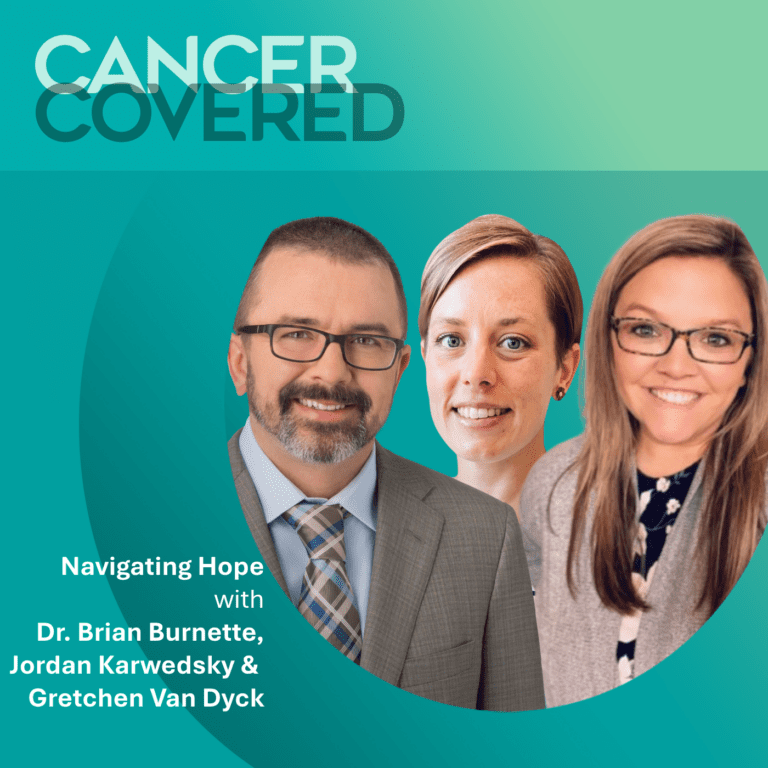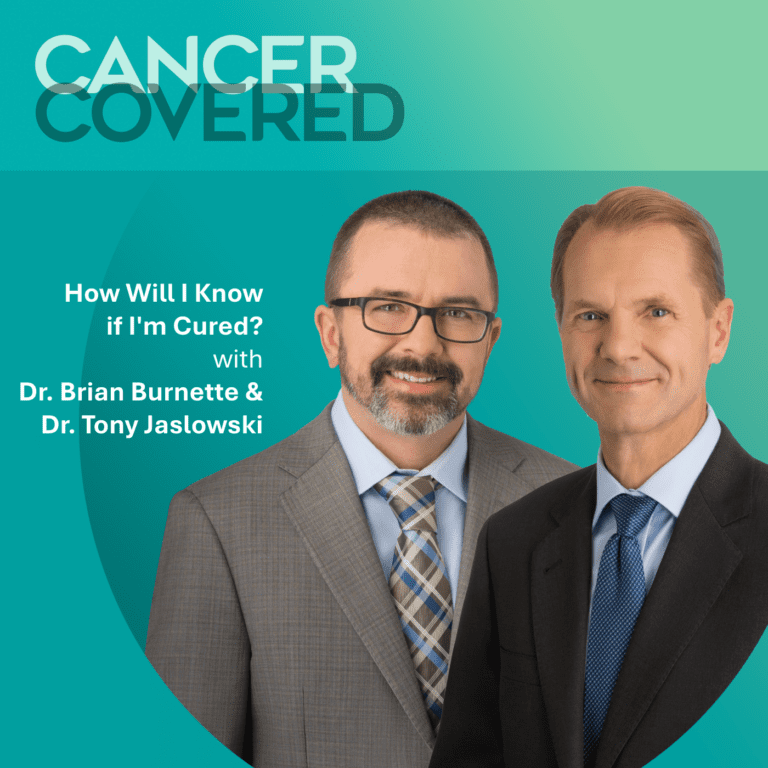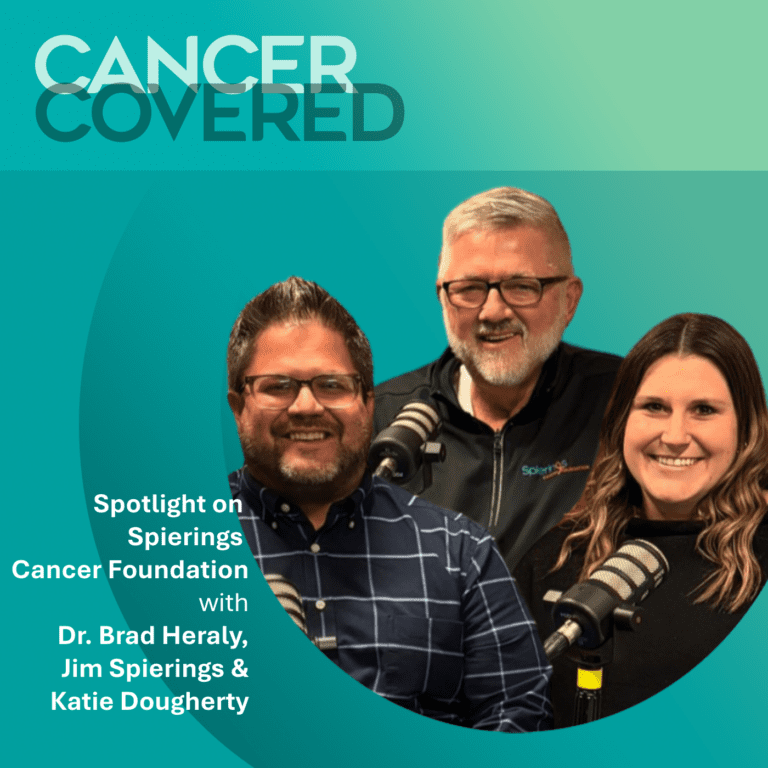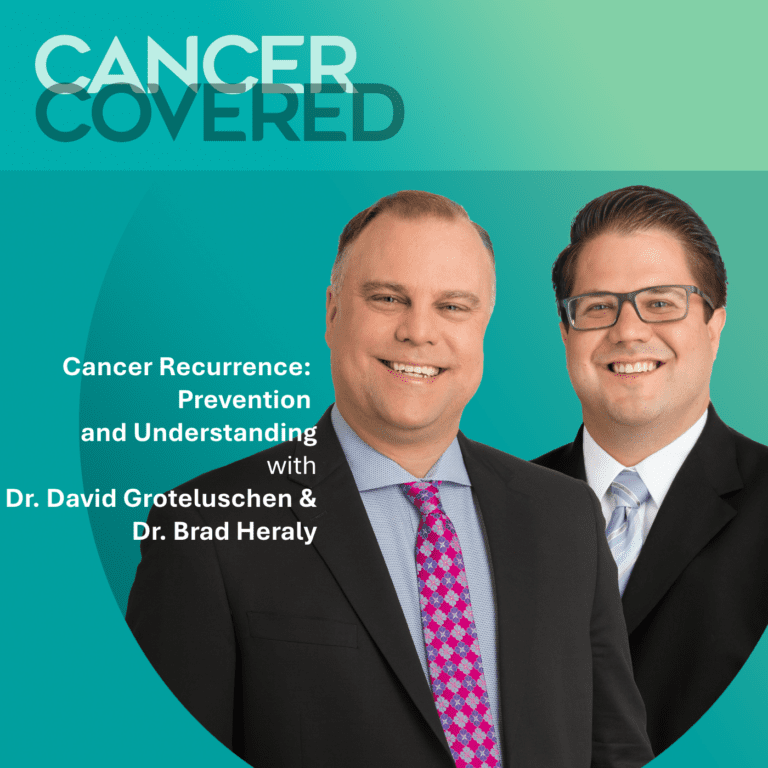Podcast: Play in new window | Download
Matthew and Brian join us today for an insightful discussion discussing the pivotal role of evidence-based medicine, a cornerstone in optimizing patient outcomes and healthcare strategies. This conversation navigates through the historical tapestry of medical research, spotlighting James Lind’s 1753 seminal scurvy experiment as a monumental benchmark initiating systematic medical experimentation. We dissect the principle of equipoise, a crucial element ensuring the ethical integrity and scientific validity of clinical trials, and venture into addressing the frequent anxieties patients encounter regarding clinical trials, providing actionable strategies for fostering critical thinking in health information to address the growing scientific skepticism. Underscoring the transformative impact of patient involvement in accelerating advancements within clinical trials and overarching medical research, affirming its instrumental role in shaping the future of healthcare.
Dr. Brian Burnette is a physician at Green Bay Oncology. He graduated top of his class from the College of Human Medicine at Michigan State University. Afterward, he completed his internship, residency, and fellowship at the Mayo Clinic, where he also recently served as an Instructor of Medicine. With a special interest in lymphoid malignancies, Brian has authored multiple full-length, peer-reviewed articles addressing various cancer types and treatments.
Dr. Matthew Ryan is a physician at Green Bay Oncology. He holds a Bachelor’s degree in Aerospace Engineering from Iowa State University. He attended medical school at the University of Iowa and completed his residency and fellowships in oncology and hematology at the Mayo Clinic in Rochester, Minnesota. While at the Mayo Clinic, Matthew also developed clinical practice guidelines for its oncology tumor group.
“The real heroes in clinical research are those patients who invested in their own care and in the care of future patients; it’s on their backs that these clinical trials led to improvements in cancer care.” – Brian Burnette
This week on Cancer Covered:
- A brief history of medical research and experimentation
- The historical perception of ideas without evidence as “medieval”
- The slow progress of medical experimentation and the reluctance to abandon entrenched ideas
- Nazi World War II experiments, the Tuskegee syphilis experiment, and other ethical concerns on medical experiments
- The importance of informed consent
- Equipoise in research and randomization in clinical trials
- The rarity of placebo-controlled trials
- The British Parachute papers
- Common anxieties about participating in clinical research
- The rigorous process and ethical standards in modern clinical trials.
- The courage of individuals who participated in early clinical trials for cancer
- The importance of cooperation among competitive researchers in standardizing treatments and sharing resources
- The value of taxpayer-funded clinical trials
- The potential shortcomings of today’s clinical trial structure
- Bernard Fisher and his leadership in developing clinical trials for breast cancer
- The economic impact of clinical research
- The role of clinical research in job creation and generating economic activity
- The use of surrogate endpoints and other approaches to shortening timelines for cancer clinical trials
- The role of patient advocates in the development of clinical trials
- The anti-intellectual and anti-science backlash
- The difference between good and bad skepticism
- Patient-centered care and supporting patients in their treatment choices
Connect with Dr. Matthew Ryan:
- Matthew Ryan on LinkedIn
Connect with Dr. Brian Burnette
- Brian Burnette Website
Join Our Free Monthly Support Group
No one should carry the burden of cancer alone. A cancer diagnosis can make you and your loved ones feel isolated and alone – just when you need support the most.
Our social workers at Green Bay Oncology know that meaningful connection brings strength and healing. Sharing the experience in a safe space with others on a similar path is often powerful and therapeutic. That’s why we offer a free monthly virtual and in-person cancer support group facilitated for you and your loved ones.
Wherever you are on your cancer journey – you are always welcome.
To join us, visit: https://gboncology.com/events
We’ve Got Cancer…Covered.
Thanks for tuning into this week’s Cancer Covered with Green Bay Oncology episode. If you enjoyed this episode, please subscribe and leave a review wherever you get your podcasts.
Apple Podcasts | GooglePlay |Deezer | Spotify | iHeart
Be sure to share your favorite episodes on social media to help us reach more oncology professionals, cancer patients, and their families.
Join us on Facebook, Twitter, Instagram, and LinkedIn. For more exclusive content and information, visit our website.








